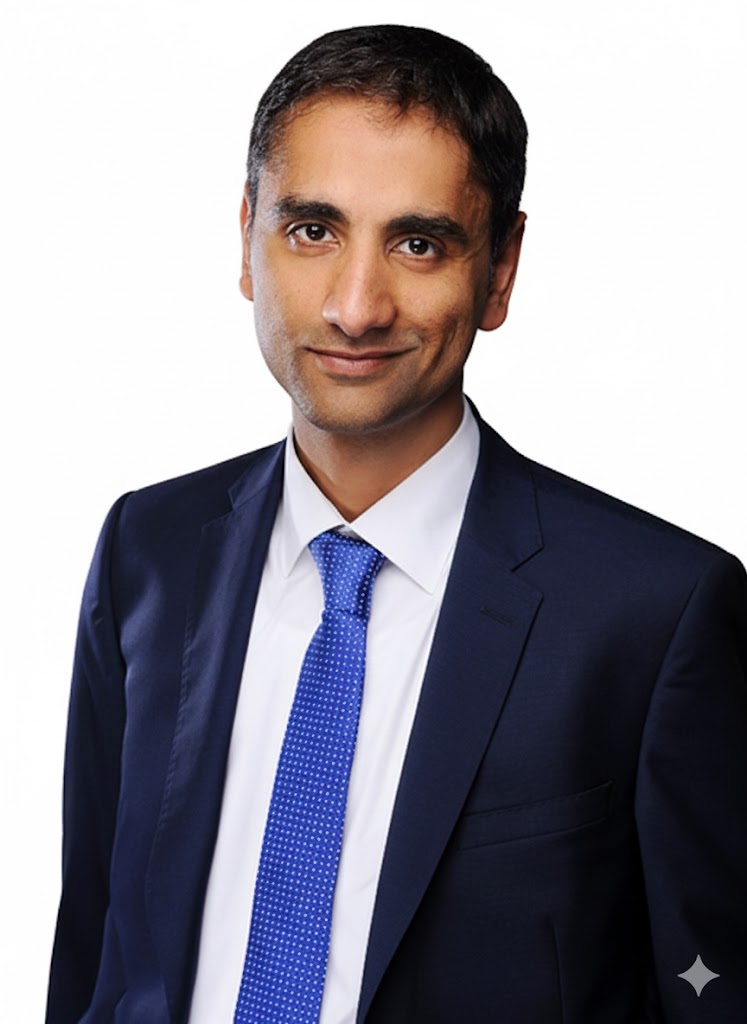The GCC–EU Economic Bilateral Partnership: Strategic Opportunities and Economic Diplomacy
The European Union (EU) and the Gulf Cooperation Council (GCC) represent a strategically vital economic partnership with significant untapped potential. Despite strong fundamentals—with tens of billions of dollars’ worth of bilateral trade and hundreds of billions of dollars’ worth of investment flows—the relationship faces both opportunities and challenges in an era of global economic fragmentation.This workshop examines the evolving dynamic ...
Abstract
The European Union (EU) and the Gulf Cooperation Council (GCC) represent a strategically vital economic partnership with significant untapped potential. Despite strong fundamentals—with tens of billions of dollars’ worth of bilateral trade and hundreds of billions of dollars’ worth of investment flows—the relationship faces both opportunities and challenges in an era of global economic fragmentation.This workshop examines the evolving dynamics of EU-GCC economic relations, building on the 2022 Strategic Partnership framework and decades of cooperation since the 1989 Cooperation Agreement. With the EU serving as the GCC's second-largest trading partner, the economic interdependence between these blocs continues to deepen through mutual investment flows, with Gulf sovereign wealth funds increasingly viewing Europe as a stable diversification destination.Key focus areas include the stalled but potentially revitalizable Free Trade Agreement negotiations, the transformative India-Middle East-Europe Economic Corridor (IMEC) initiative, and emerging opportunities in the green transition. The workshop explores how EU expertise in climate policy and technology complements GCC renewable energy resources and desalination capabilities, particularly in green and blue hydrogen development. The implementation of the EU's Carbon Border Adjustment Mechanism (CBAM) presents both challenges and opportunities for integrating energy-intensive GCC industries into European Global Value Chains. Research contributions are invited on bilateral trade patterns, non-tariff barriers, digital commerce, sovereign wealth fund strategies, clean energy partnerships, and the implications of regulatory frameworks like CBAM. This interdisciplinary examination aims to identify pathways for strengthening economic cooperation amid shifting global trade dynamics and shared sustainability objectives.
Description and Rationale
Context
The Cooperation Council for the Arab States of the Gulf (GCC) – comprising Bahrain, Kuwait, Oman, Qatar, Saudi Arabia, and the United Arab Emirates – represents one of the most strategically important regions for the European Union (EU). The GCC’s political weight, economic prosperity, and role as a global energy hub directly influence Europe’s security and stability. In parallel, the EU’s growing emphasis on climate action, digital sovereignty, and supply-chain diversification creates new incentives to deepen ties with Gulf countries (Alquraish 2025). Against this backdrop, EU–GCC relations are increasingly framed as a mutually beneficial strategic partnership. Relations between the two blocs are rooted in the 1989 Cooperation Agreement (Nonneman 2006), which established trade, energy, environment, and research dialogue. Over the decades cooperation has intensified, most notably through the 2022 Joint Communication on a Strategic Partnership with the Gulf, endorsed by the Council of the EU. Economically, the EU and GCC are already close partners. The EU is the GCC’s second-largest trading partner after China, accounting for 11 percent of the Gulf’s total trade. In 2024, trade in goods reached €161.7 billion, reflecting a 33 percent increase over the past five years. EU exports to the GCC stood at €99.3 billion, dominated by machinery, transport equipment, chemicals, and agri-food products. Imports from the GCC, worth €76.3 billion, remain heavily concentrated in mineral fuels, comprising over three-quarters of the total, alongside chemicals and manufactured goods. Trade in services has also expanded, reaching €75.2 billion in 2023, with a positive balance for the EU. Investment ties mirror this depth. In 2023, EU foreign direct investment (FDI) stock in the GCC reached €215 billion, while GCC FDI in the EU was even higher, at €236 billion. Among the world’s most significant, Gulf sovereign wealth funds increasingly see Europe as a stable and attractive destination for diversification. At the same time, European firms are drawn to the Gulf’s ambitious diversification agendas, mega-projects, and leadership in renewable energy, logistics, and digital transformation. These mutual flows of capital underscore the interdependence and untapped potential of the partnership.








